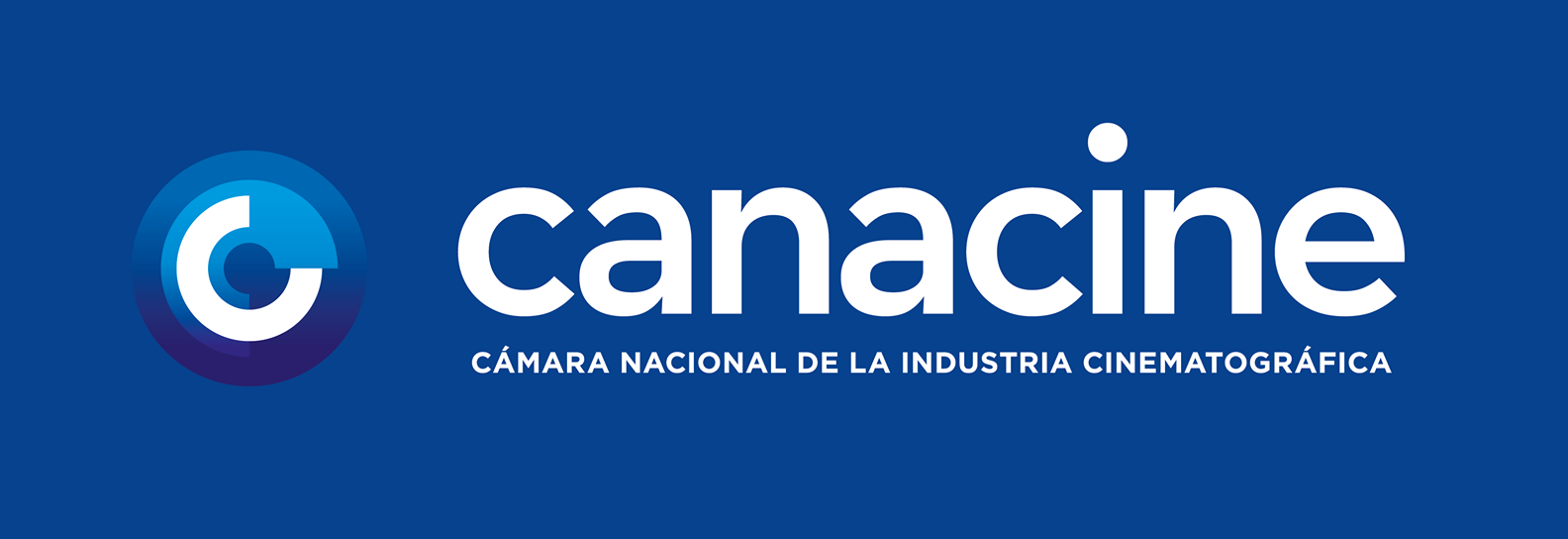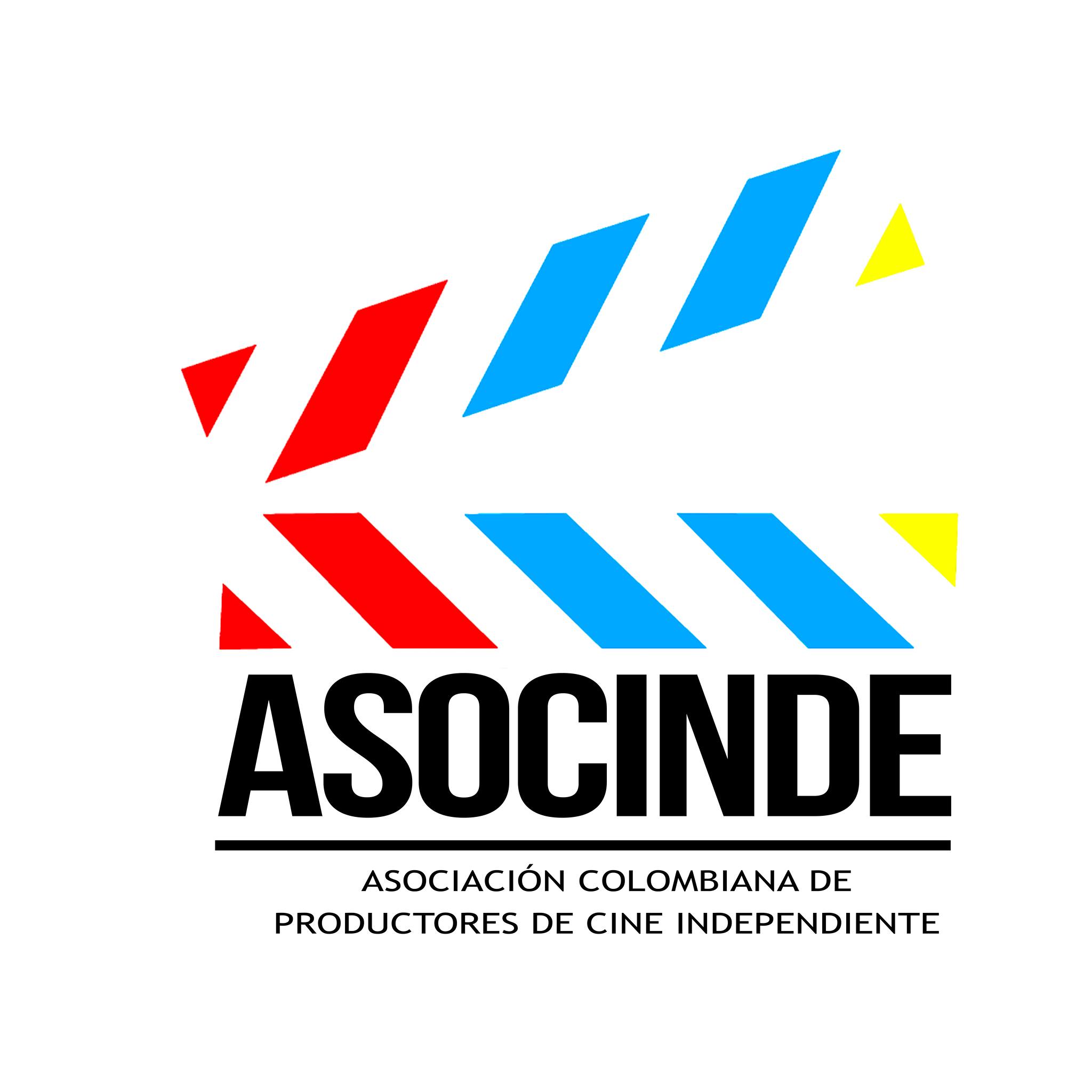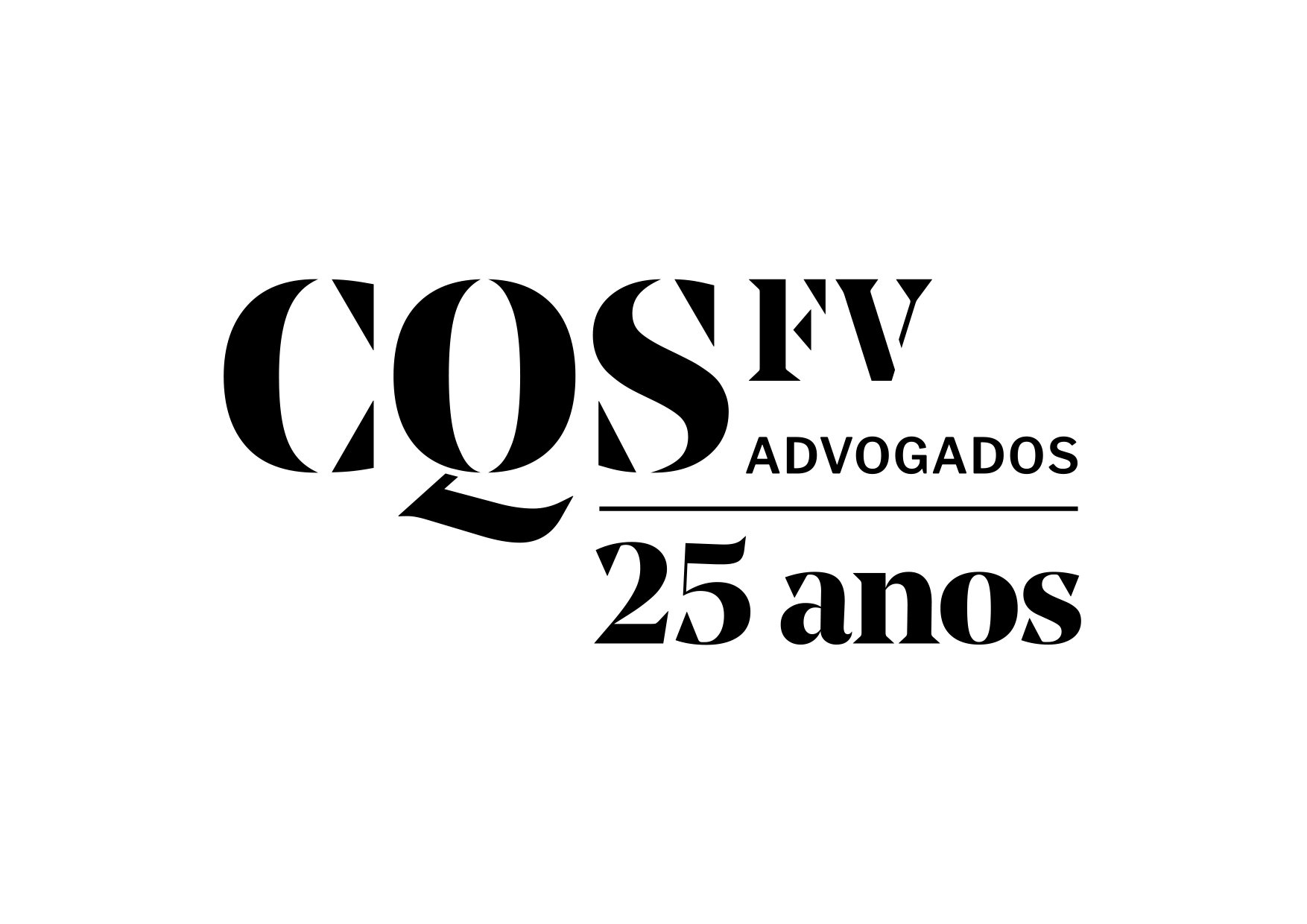By Steve Solot* (published in the Jornal do Commercio, March 30, 2016)
Rio de Janeiro is the traditional host of the two most important audiovisual events in Brazil, the Rio International Film Festival (Festival do Rio) in October and the Rio Content Market, which celebrated its sixth edition last March, marking the most important international event for multiplatform, audiovisual content and business in Latin America. Despite the general economic slowdown in Brazil, the indicators of the audiovisual industry have been favorable during recent years and we continue to work toward maintaining that trend.
According to the National Film Agency (Ancine), total box office in 2015 (foreign and national films) was R$2.35 billion, an increase of 20.1% over 2014, based on total admissions of 172.9 million, an 11.1% increase. With the opening of 252 new screens in 58 complexes, the exhibition infrastructure increased 5% and ended the year with 2,960 screens in the country, 92% of which operate in digital format.
The national film industry had a particularly good year. In 2015, 128 Brazilian feature films were released, 12.3% more than in 2014, which provided for a 16.4% increase in box office and 10.1% in admissions. A total R$266 million was collected for Brazilian films at the box office and 21.6 million tickets sold, a significant increase compared to R$228.5 million in B.O. and 19.6 million tickets sold in the previous year. The national film market share in Brazil remained at 12.7%.
The outlook for the industry is favorable. In the broadcast TV sector, the trend for networks to produce and distribute content continues. In the Pay-TV sector, the current household penetration is 28.9% and independent Brazilian production is now present in 96 channels, in great part due to Law 12.485/11, which stimulated the presence of Brazilian films and series in their programming grids. The same law has been an engine of growth for the audiovisual sector in general, since it permits telecom companies to distribute Pay-TV programming and expands the participation of national content in prime-time Pay-TV programming.
With the expansion of broadband, the VOD segment is now considered the new, promising market for expansion of the global audiovisual industry, and especially in Brazil, in either subscription or free formats. According to Ancine, up to June of last year there were 25 VOD services operating in Brazil. VOD platforms are already functioning as an important option for monetization of audiovisual content of national producers, although there remain important issues to be defined for this service, such as its regulation and taxation, as well as the coexistence of traditional business models with the new competition of streaming platforms.
The legal actions filed by SindiTelebrasil (Telecom companies’ union) in federal court against the payment of the Condecine (contribution for the financing of Ancine’s activities), is a recent serious development. Although the injunction which suspended the collection was recently revoked, which certainly represents at least temporary relief, it generates a degree of instability for the industry, with serious repercussions for national content production. According to the Agency, if the contribution were to be definitively suspended, there would be a serious crisis in the industry. Ancine would lose billions in receipts, which would generate a strong negative impact in all the programs financed by the Audiovisual Sectoral Fund (FSA), whose resources depend largely on the Condecine. The government estimates that more than 300 feature films and up to 300 TV series would not be produced in the first year without the Condecine funds.
The Brazilian audiovisual industry offers multiple opportunities in theatrical, broadcast, Pay-TV, VOD and internet sectors for investors, entrepreneurs, distributors and producers in all platforms. The American Chamber of Commerce of Rio de Janeiro (AmCham Rio) and the U.S. Consulate General in Rio work together to support greater integration of American companies in the Brazilian audiovisual industry and to stimulate its development. All the opportunities mentioned above still hold true, despite current important challenges. Yet, it remains to be seen if this “film” will have a happy ending.
* Steve Solot is President of the Creative Industry and Culture Initiative of the American Chamber of Commerce of Rio de Janeiro (AmCham Rio), President of the Rio Film Commission and President of the Latin American Training Center (LATC)












